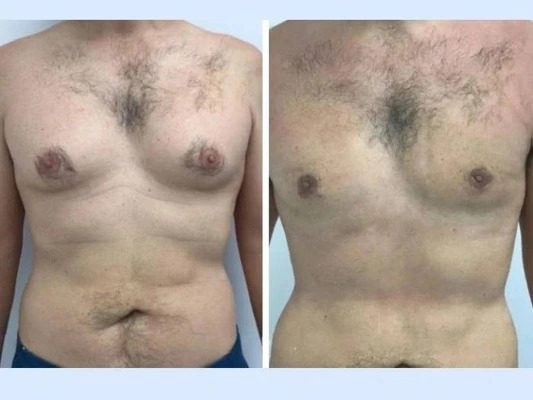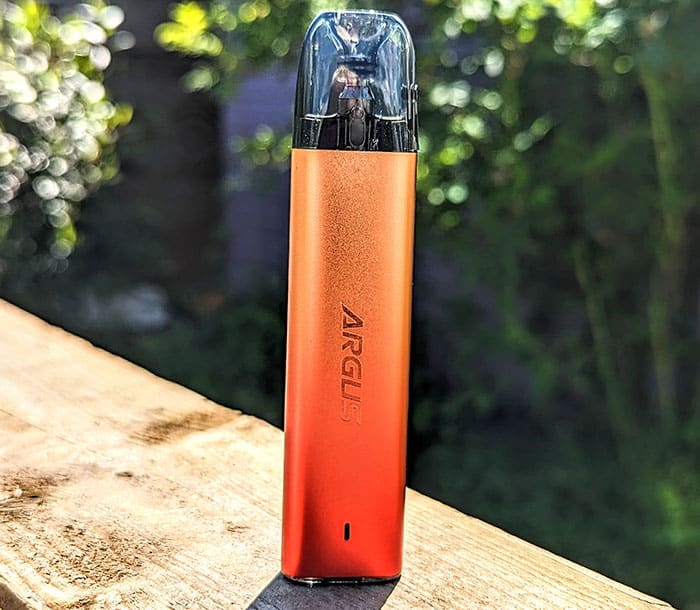In today’s competitive manufacturing landscape, customization has become a critical factor in meeting unique design requirements. Businesses across industries—from automotive to medical—are turning to Custom CNC Machining as the ultimate solution for creating complex, precise, and tailored components. Unlike standard manufacturing processes, custom CNC machining provides unmatched flexibility, allowing designers and engineers to bring innovative ideas to life without compromising on accuracy or quality.
In this comprehensive guide, we will explore what custom CNC machining is, why it’s important, its advantages, the industries that benefit the most, and how it helps meet unique design needs effectively.
What is Custom CNC Machining?
Custom CNC (Computer Numerical Control) machining is a subtractive manufacturing process where custom-designed parts are produced using computer-controlled tools such as mills, lathes, and routers. The process begins with a CAD (Computer-Aided Design) model, which is then converted into CAM (Computer-Aided Manufacturing) instructions for CNC machines.
Unlike standard CNC machining that produces generic parts, custom CNC machining focuses on creating components that match specific dimensions, tolerances, and functionalities required by the client. These custom parts are often essential for prototypes, product development, or specialized equipment.
Why Businesses Choose Custom CNC Machining
Every business has different operational requirements. When off-the-shelf parts do not meet those needs, custom CNC machining offers the perfect alternative. Here are the primary reasons why companies opt for customization:
- Precision and Accuracy: Custom CNC machining can achieve tolerances as tight as ±0.001 inches, ensuring components fit perfectly in their application.
- Flexibility in Design: From complex geometries to intricate internal features, CNC machines can handle challenging designs.
- Material Versatility: Metals like aluminum, steel, titanium, and even engineering plastics can be used based on project requirements.
- Rapid Prototyping: Quick turnaround times make it ideal for developing and testing new designs without delays.
How Custom CNC Machining Meets Unique Design Needs
Meeting unique design requirements involves more than just cutting material; it requires strategic planning, precision engineering, and advanced technology. Here’s how CNC machining makes it possible:
1. Handles Complex Geometries
Modern CNC machines with multi-axis capabilities (3-axis, 4-axis, 5-axis) allow the production of parts with complex curves, deep cavities, and intricate features that are impossible with traditional methods.
2. Tight Tolerances for Critical Applications
Industries like aerospace and medical require extremely precise components. CNC machining can deliver these tight tolerances, ensuring the parts meet the highest quality standards.
3. Custom Surface Finishes
Beyond shape and size, many projects demand a specific surface finish for aesthetic appeal or functional purposes (e.g., reducing friction). CNC machining can apply different finishing processes like anodizing, powder coating, and polishing.
4. Low-Volume & High-Mix Production
Custom CNC machining supports low-volume production runs, which is ideal for startups and R&D projects where mass production isn’t feasible.
5. Integration with Modern Design Tools
Seamless integration with CAD/CAM software enables quick modifications and real-time design validation, reducing errors and speeding up the process.
Industries That Rely on Custom CNC Machining
Custom CNC machining is essential for industries that require precision, performance, and innovation:
- Aerospace: High-strength, lightweight components like turbine blades and structural parts.
- Automotive: Engine components, transmission parts, and performance upgrades.
- Medical: Surgical instruments, prosthetics, and implantable devices.
- Electronics: Heat sinks, enclosures, and precision connectors.
- Robotics: Custom brackets, housings, and complex mechanical parts.
Advantages of Custom CNC Machining
Choosing custom CNC machining comes with several key benefits:
- Unmatched Accuracy: Eliminates human error and delivers repeatable results.
- Faster Time-to-Market: Rapid prototyping accelerates product development cycles.
- Cost-Effective for Low Volumes: Avoids the high tooling costs of injection molding or casting for small batches.
- Material Efficiency: Minimizes waste through optimized cutting paths.
- Scalability: Designs can be easily scaled from prototype to full production.
Challenges and Considerations
While custom CNC machining is highly effective, businesses should consider the following:
- Higher Initial Costs: Customization and setup can be expensive for very small projects.
- Design Complexity: Overly complex designs may require advanced machines and longer lead times.
- Material Availability: Not all materials are readily available for small-batch custom machining.
Future Trends in Custom CNC Machining
The future of CNC machining is promising, with advancements in:
- AI-Driven Design Optimization: Reducing programming time and improving precision.
- Hybrid Manufacturing: Combining CNC machining with 3D printing for greater flexibility.
- Smart Factories & IoT: Real-time monitoring and predictive maintenance for efficiency.
- Sustainable Machining: Using eco-friendly materials and recycling metal chips.
Conclusion
Custom CNC machining is more than a manufacturing method—it’s a strategic solution for businesses that demand precision, flexibility, and innovation. By enabling the creation of highly specialized components with tight tolerances, CNC machining empowers industries to stay competitive and bring complex designs to reality. Whether for prototyping, low-volume production, or mission-critical parts, custom CNC machining ensures that every unique design need is met with accuracy and reliability.




